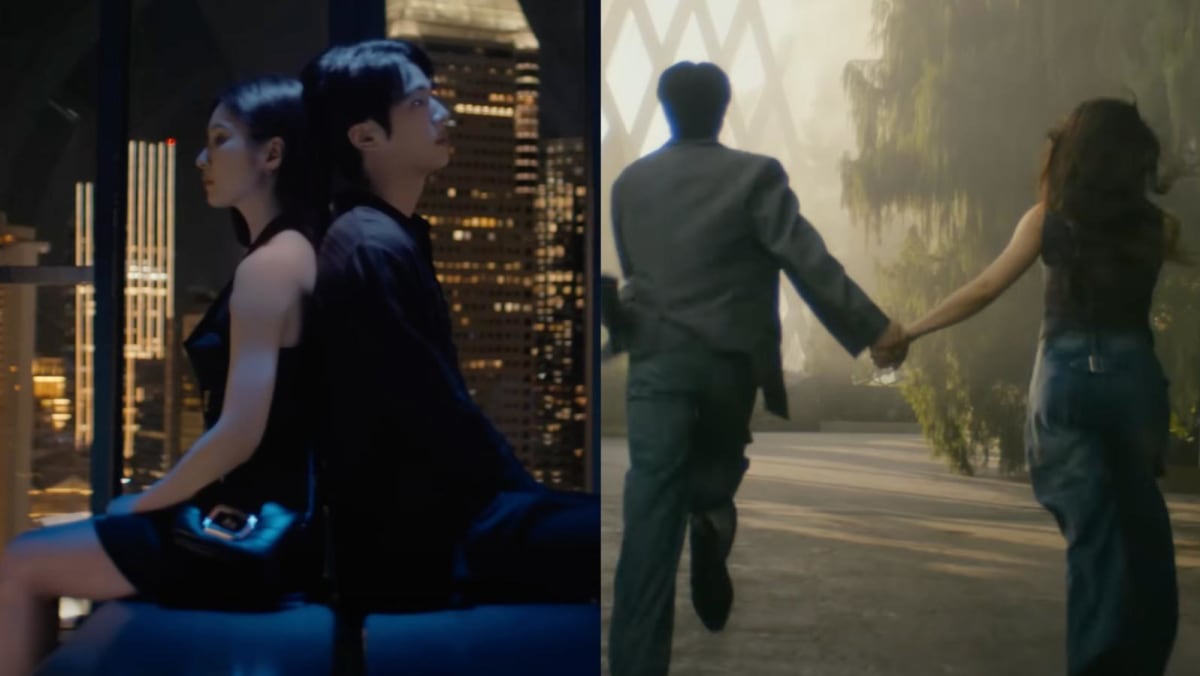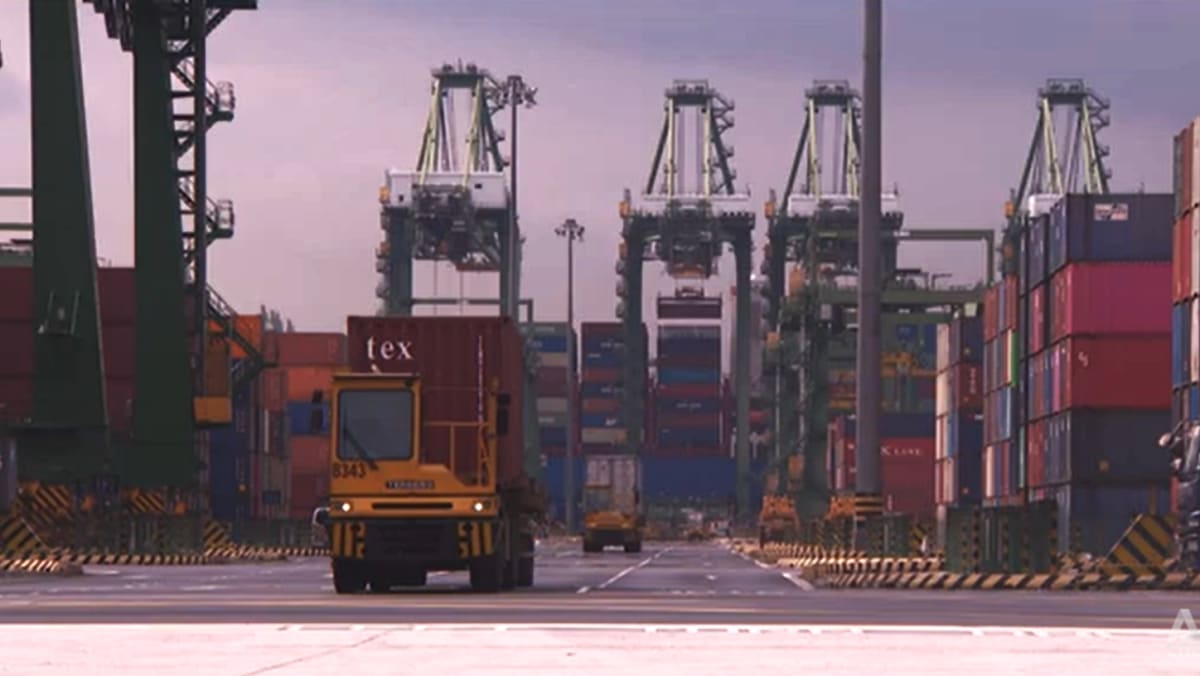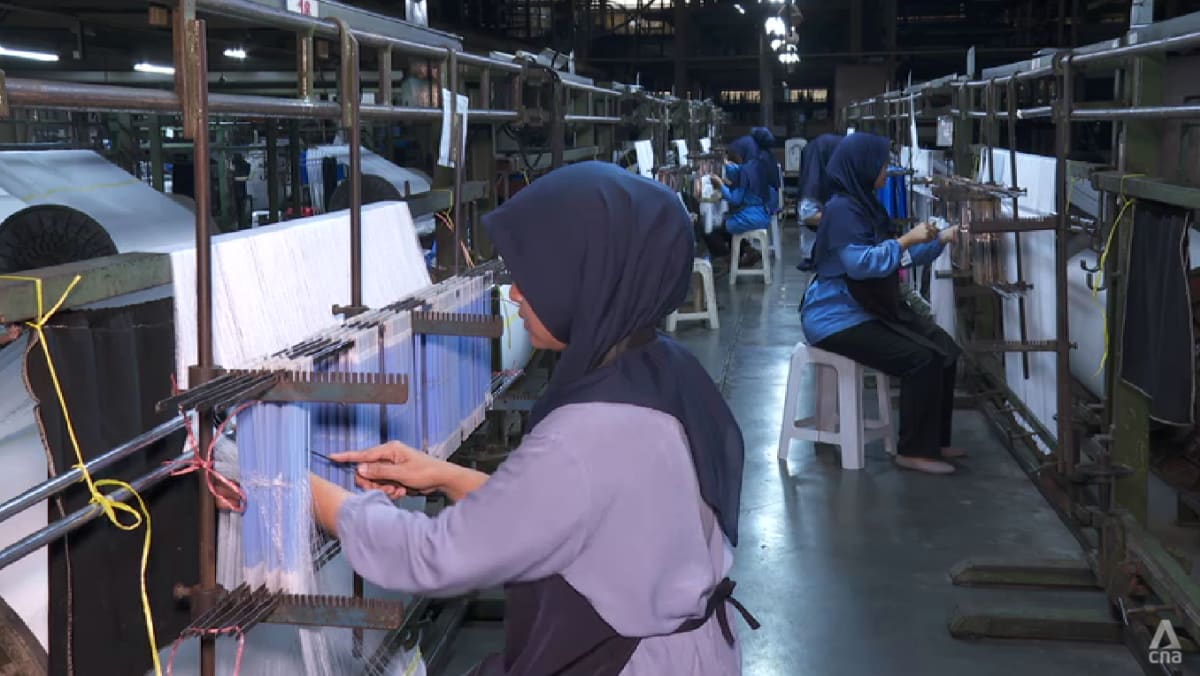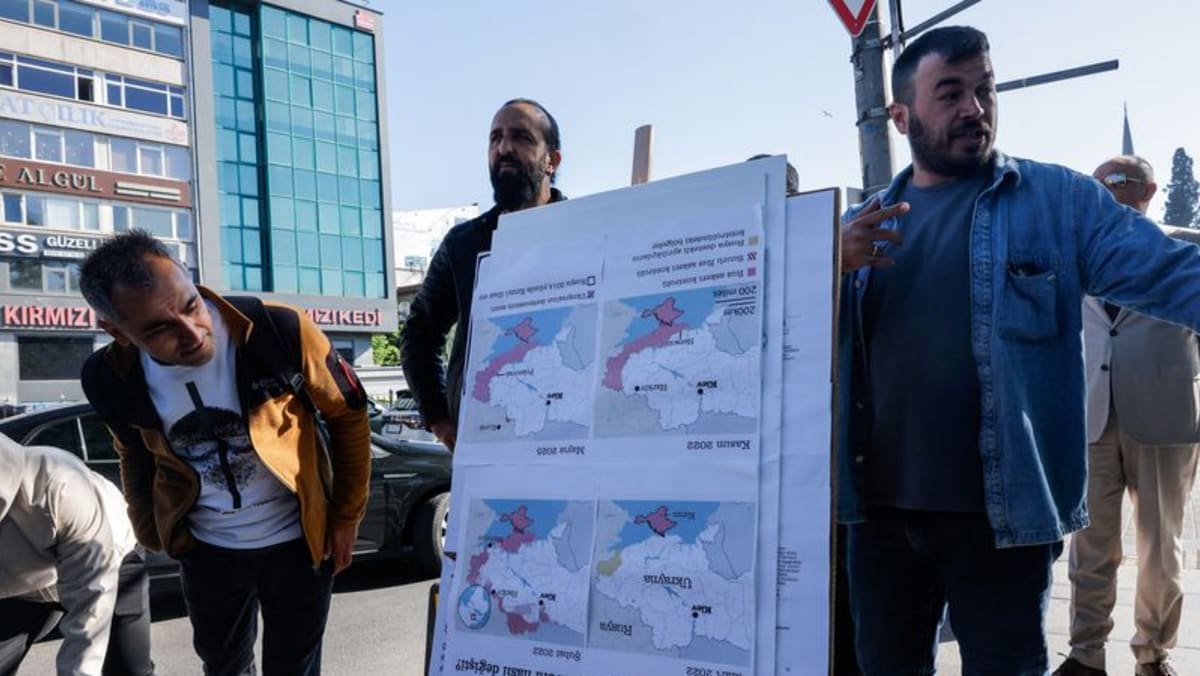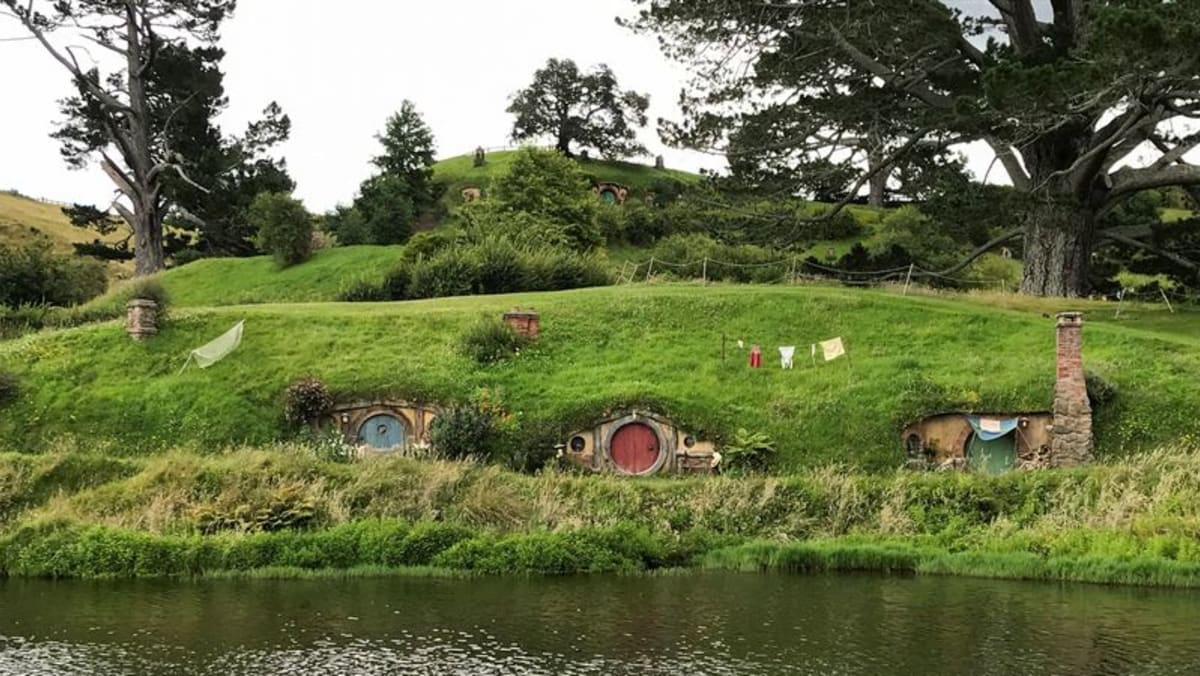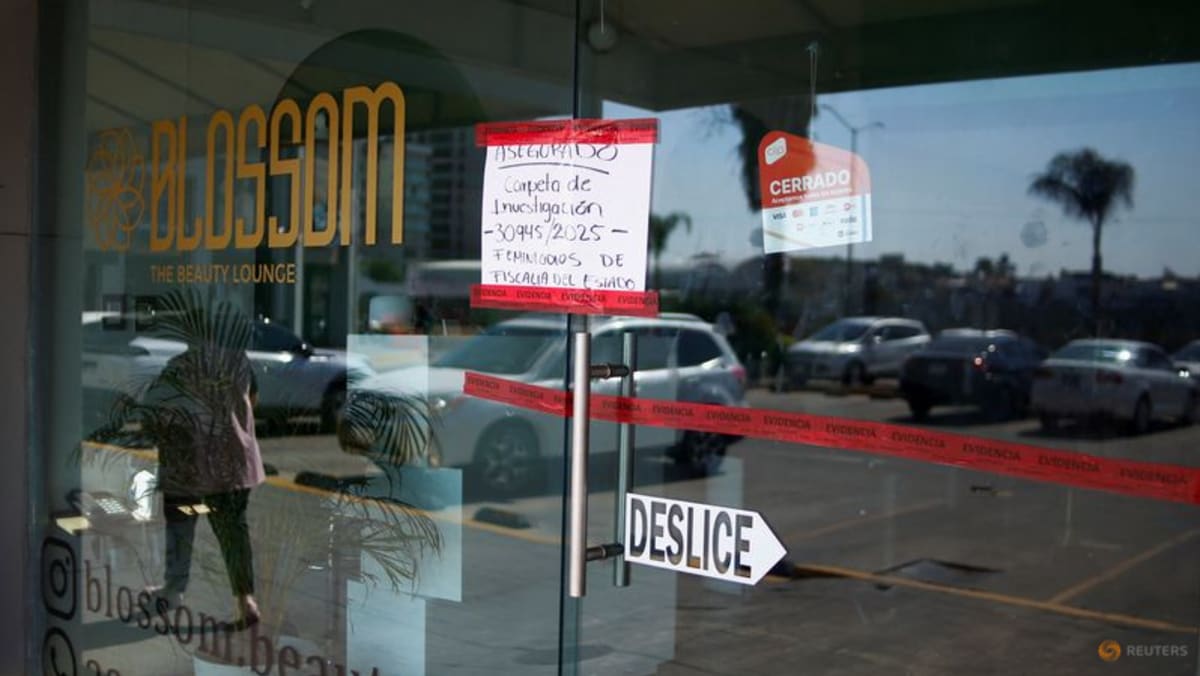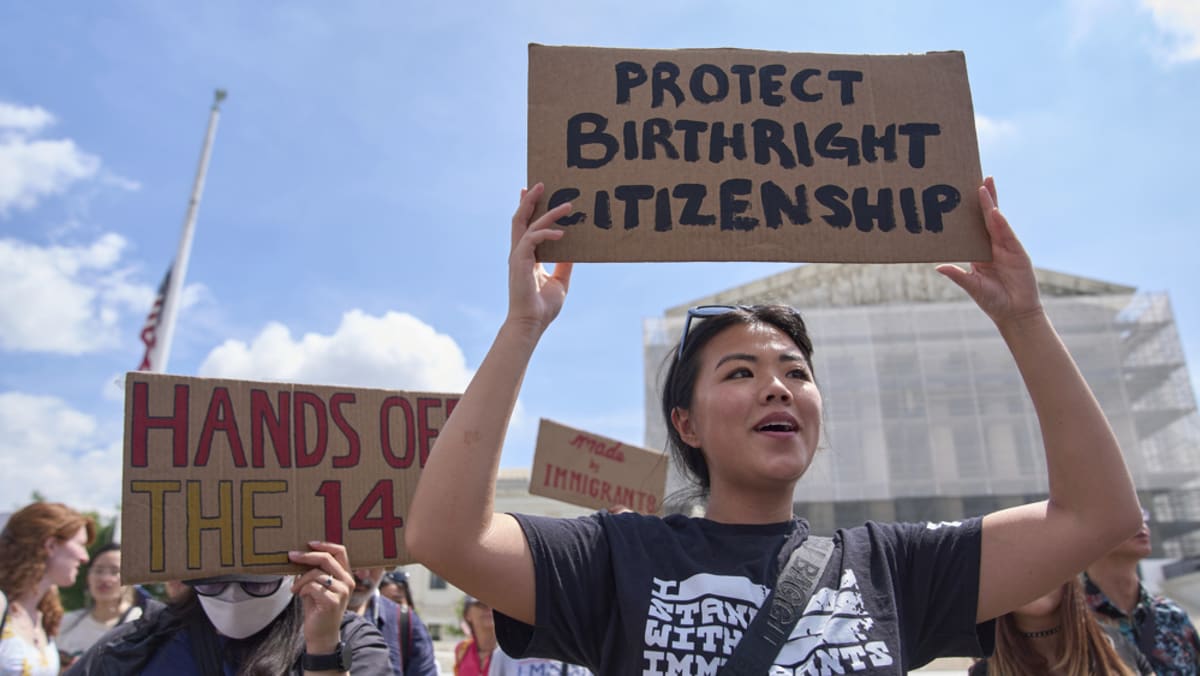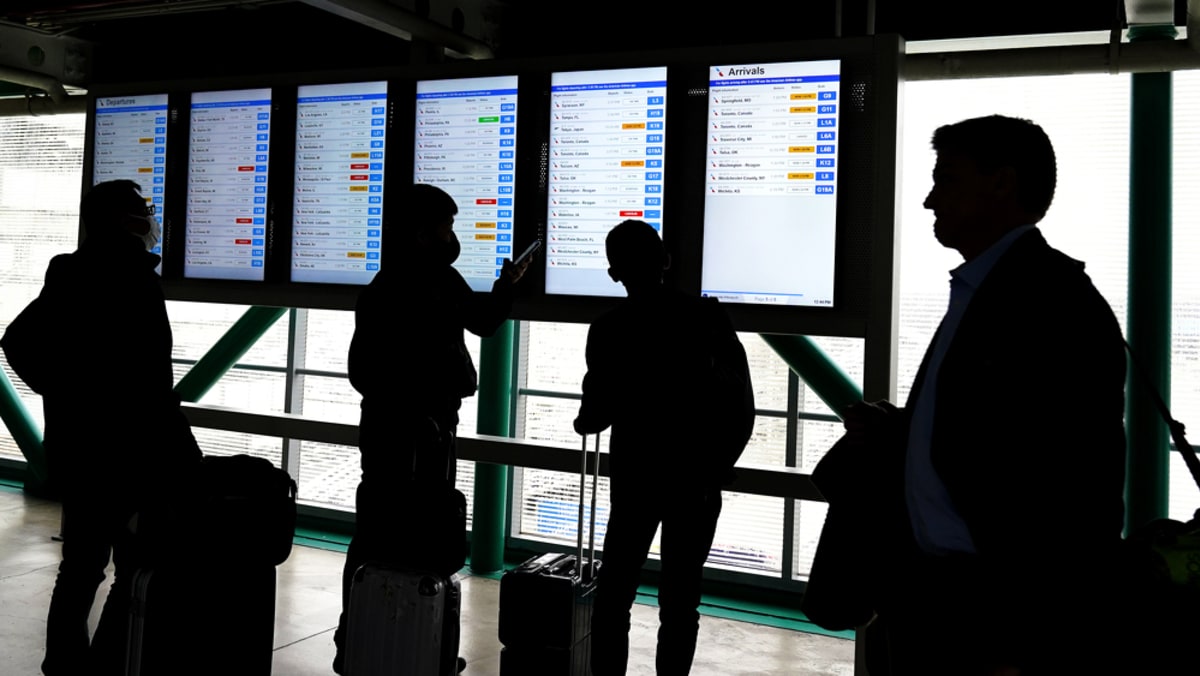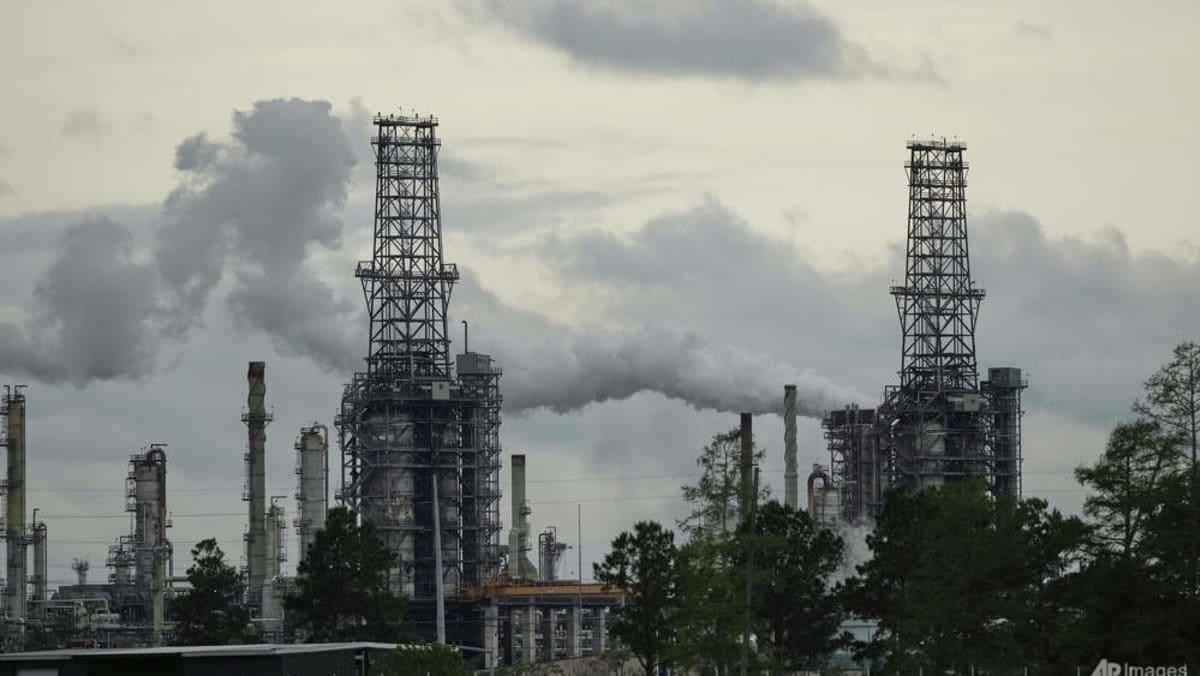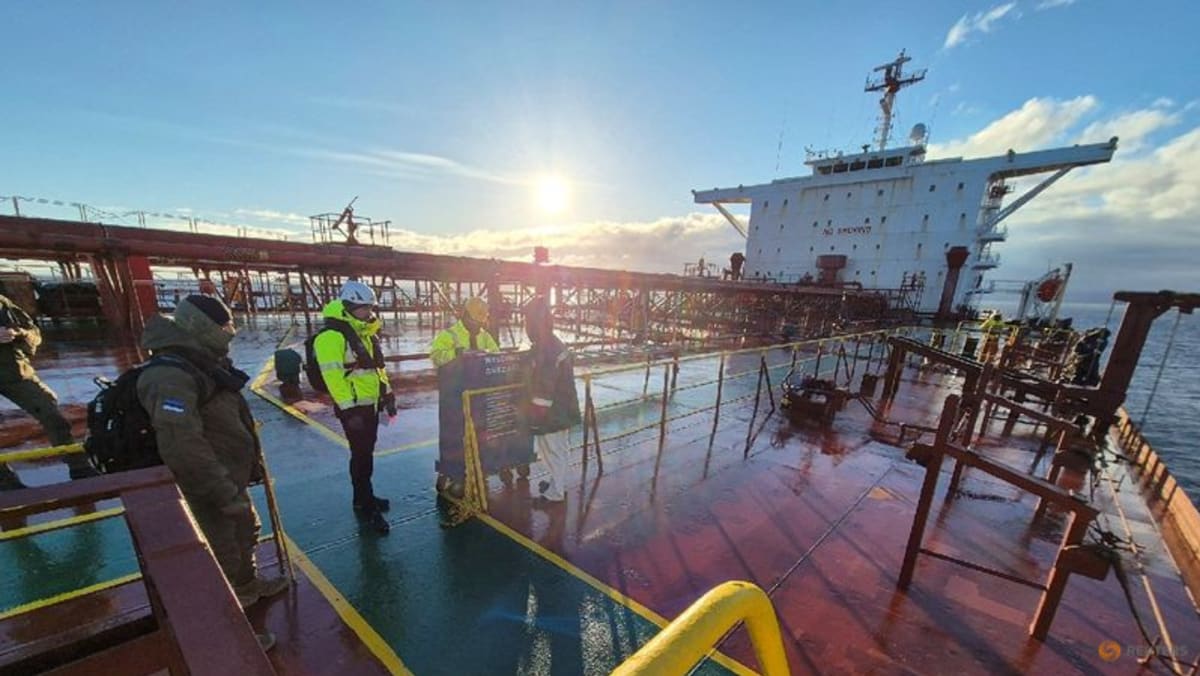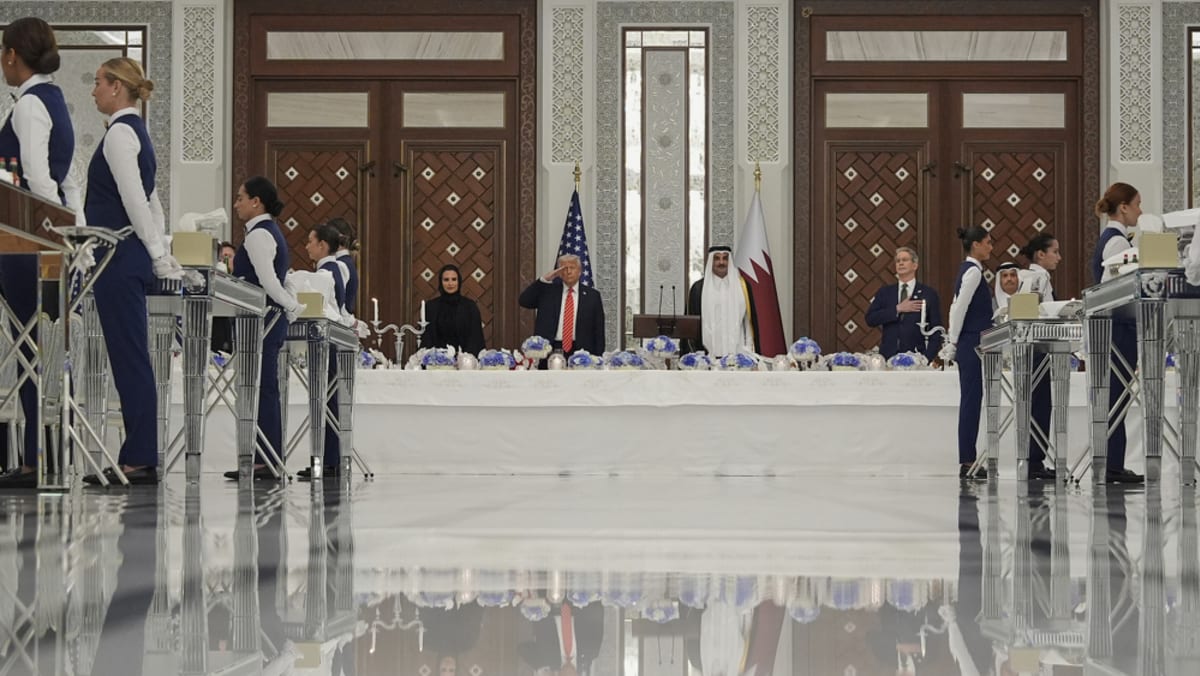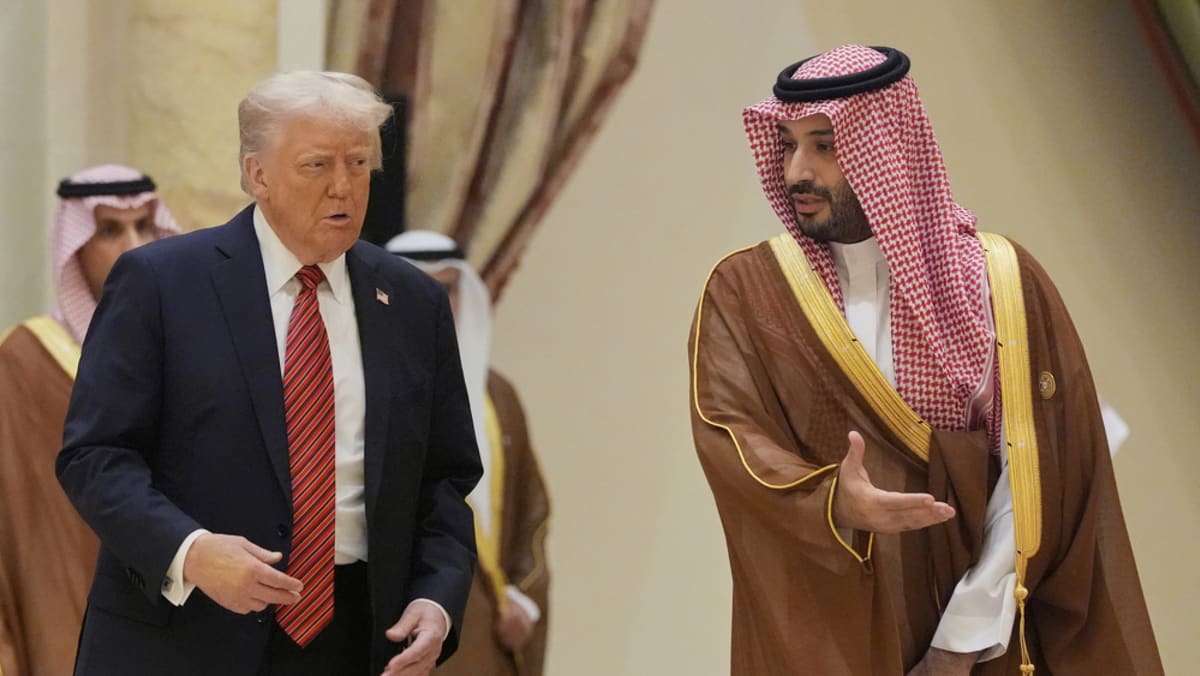“NOT THE KEY PLAYERS”
If the talks do go ahead, they will have to address a chasm between the two sides over a host of issues.
The Russian delegation is headed by presidential adviser Vladimir Medinsky, a former culture minister who has overseen the rewriting of history textbooks to reflect Moscow’s narrative on the war. It includes a deputy defence minister, a deputy foreign minister and the head of military intelligence.
Key members of the team, including Medinsky, were also involved in the 2022 talks – an indication that Moscow wants to pick up where those left off.
But the terms under discussion then, while Ukraine was still reeling from the initial Russian invasion, would be deeply disadvantageous to Kyiv. They included a Russian demand for deep cuts to the size of Ukraine’s military.
With Russian forces now in control of close to a fifth of Ukraine, Putin has held fast to his longstanding demands for Kyiv to cede territory, abandon its NATO membership ambitions and become a neutral country.
Ukraine rejects these terms as tantamount to capitulation, and is seeking guarantees of its future security from world powers, especially the United States.
Zelenskyy backs an immediate 30-day ceasefire, but Putin has said he first wants to start talks at which the details of such a truce could be discussed.
French Foreign Minister Jean-Noel Barrot said Zelenskyy had shown his good faith by coming to Türkiye but there was an “empty chair” where Putin should be sitting.
“Putin is stalling and clearly has no desire to enter these peace negotiations, even when President Trump expressed his availability and his desire to facilitate these negotiations,” he said.
Highlighting the level of tension between Russia and the US-led alliance, Estonia said Moscow had briefly sent a military jet into NATO airspace over the Baltic Sea during an attempt by the Estonian navy to stop a Russian-bound oil tanker thought to be part of a “shadow fleet” defying Western sanctions on Moscow.
